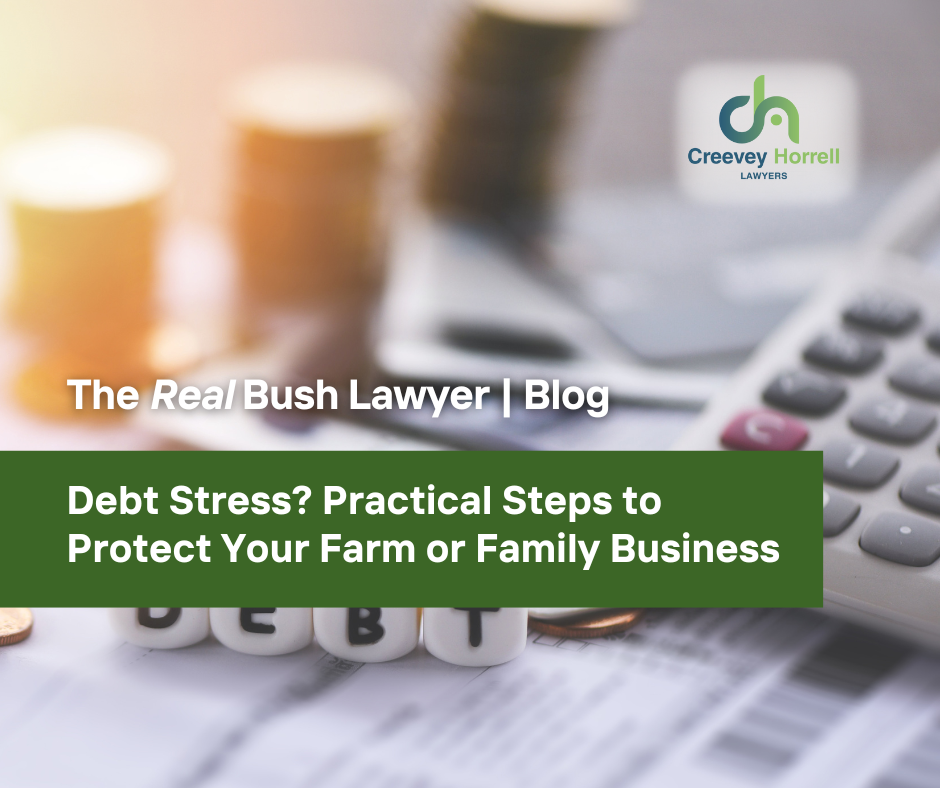FIVE SOCIETY RULES ABOUT DRINK DRIVING: TRUTH OR FICTION?
- yyong59
- Jul 13, 2022
- 4 min read

Ever wondered what’s truthful and what are simply wives’ tales when it comes to society-established drink driving rules? You may already know a few. Most known is the ‘one drink per hour rule’, an old rule that many swear by do this day. But where does this universally agreed-upon ‘rule’ come from, and how true is it?
The ‘one drink per hour rule’ is just one societies established beliefs many follow when it comes to avoiding a drink driving charge.
The FIVE Most Common Myths and Misconceptions about Drink Driving in Queensland, Australia
1. One drink per hour to maintain a legal BAC
In Queensland, open licence holders must have a BAC (Blood/breath alcohol concentration) lower than 0.05.
Many open licence holders, to this day, abide by the one drink an hour rule as they believe it will keep their BAC below the limit, allowing them to take the wheel after a cruisy night out. Is this truth or fiction?
The one drink per hour rule is not necessarily a myth, as it does have solid ground in science-based evidence. However, this is a generalised rule and therefore cannot apply to everyone.
We all process and metabolise alcohol at different rates. Things that affect this rate of metabolism include, but are not limited to:
• Your height; • Your weight; • Your genetics; • How much food you’ve eaten prior to drinking; • What type of food you’ve eaten prior to drinking; and • What type of alcohol you’re consuming
These variables all play a part in determining your BAC. This rule should be taken with a grain of salt.
2. By dawn you’ll be right
Although you may think you can welcome your sobriety with a firm handshake come morning time, this is not always the case.
As previously mentioned, the way each person metabolises alcohol content will vary considerably. If you’re driving or in charge of a motor vehicle the day after drinking, your BAC could still be above 0.05% even if you deem yourself seemingly sober. The same offence of Driving Under the Influence of Liquor or a Drug still applies even if you have mistaken your level of sobriety.
3. You won’t be charged with drink driving if you’re not ‘on the road’
A common belief many hold is that you cannot face fines if you’re not on the main roads. For example, you may be in your driveway or beside your home. Can you get penalised for this?
The answer is yes. To commit a drink driving offence means to have been drinking and be the person ‘in charge’ of a vehicle. (See below).
The Transport Operations (Road Use Management) Act 1995, Section 79 (1) States:
Offence of driving etc. while under the influence any person who, while under the influence of liquor or a drug— (a) drives a motor vehicle, tram, train or vessel; or (b) attempts to put in motion a motor vehicle, tram, train or vessel; or (c) is in charge of a motor vehicle, tram, train or vessel; is guilty of an offence and liable to a penalty not exceeding 28 penalty units or to imprisonment for a term not exceeding 9 months.
What does it mean to be in charge of a vehicle?
Whilst there is no explicit definition outlined in the Act, a general meaning can be likened to having responsibility for the vehicle. What gauges responsibility can be as simple as sitting in your car, front or back seat, with keys readily available and the knowledge to drive.
It therefore does not matter where you are. If you’re found with a BAC of over 0.05% (for an open licensee), and are in charge of a motor vehicle, you can be found guilty of the offence even if you’re not on a main road.
4. No place to crash after a night out? Lay out in the car and doze off!
Taking into account the previously mentioned myth – the rule of ‘being in control of a vehicle’ also applies even when being intoxicated inside a parked vehicle. Why? Being in charge of the vehicle – or having responsibility for it – means that you hold the possible power to drive, even if you have no intention to.
This is a tricky one. It’s always best to plan your night ahead of time to avoid complications, and most importantly, stay safe.
As advised by the Queensland Government, “The safest option if you are going to drink is to plan alternative transport or accommodation ahead of time, before the drinking starts.”
5. There are tricks to reduce your BAC
Some have tried it all. From self-induced vomiting to chugging back cups of coffee, there are plenty of tales about reducing BAC. It’s strongly advised you don’t try these methods, as they are completely false.
Yes, all of these ‘tricks’ to reduce BAC are MYTHS. Whilst a cold shower and a big glass of water may alleviate a feeling of a hangover or drunkenness - the only thing that is evident to reduce BAC is time and time only.
Legal Representation for drink driving and drug driving offences
Get the right representation for traffic-law related offences by contacting Creevey Russell Lawyers today. Phone 07 3009 6555 or email creeveyrussell@crlawyers.com.au
#legal#lawfirm#lawyers#law#lawyer#litigation#attorney#creeveyrussell#creeveyrusselllawyers#criminallawyers#agribussiness#rurallaw#commerciallaw#crimeandmisconduct#brisbanelawyers#domesticviolence#familylaw#trafficoffence#willsandestates#toowoombalawyers#romalawyers#247crimehotline #drinkdriving




.png)




Comments